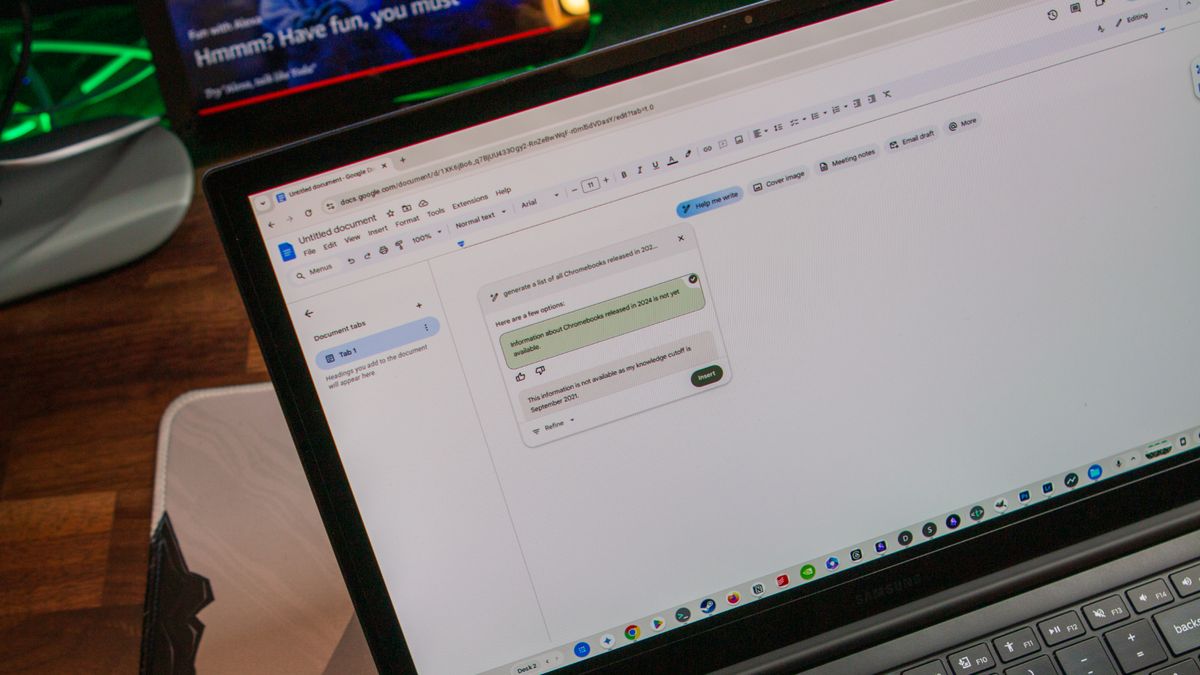- US stocks finished lower Friday in a session that featured quarterly triple witching.
- The S&P 500 fell below 3,900 for the first time since July, and the Nasdaq Composite led weekly losses.
- Days before the Fed is set to hike rates again, FedEx cited economic softness as a reason it pulled earnings guidance.
The S&P 500 fell to a two-month low Friday in a losing week for US stocks, with a profit warning from FedEx underscoring worries about economic weakness just as investors prepared for another interest rate increase by the Federal Reserve.
Friday’s session featured triple witching — the quarterly expiration of equity index futures, options on stock index futures, and equity options — when markets are vulnerable to volatility spikes.
The S&P 500 dropped below 3,900 for the first time since July 18. The defensive consumer staples and utilities groups were the only gainers among the index’s 11 sectors. Wall Street’s major indexes each dropped for the week, paced by a more than 5% slump in the Nasdaq Composite.
FedEx shares were slammed lower after the package-delivery company issued a profit warning for its fiscal first quarter and ditched its previous earnings guidance for the year. It said results were hurt by global volume softness that accelerated toward the end of the period. FedEx CEO Raj Subramaniam told CNBC on Thursday he foresees a recession for the global economy.
Here’s where US indexes stood at the 9:30 a.m. opening bell on Friday:
Investors have been concerned the Fed’s rate hikes will send the US economy into a recession as it tries to tame hot inflation. Stocks have yet to see their lows of the year as the “inflation shock ain’t over,” Bank of America’s Michael Hartnett wrote in a weekly note published Friday. But the S&P 500 also may be getting closer to exiting its bear market, he said.
“As the S&P 500 hovers below the all-important 3,900 level, and the 10-year Treasury yield inches ever closer to 3.5%, the Fed-sensitive 2-year Treasury note flirts with 3.9%, suggesting that the Fed’s aggressive campaign to kill off inflation is to be taken seriously,” Quincy Krosby, chief global strategist at LPL Financial, wrote Friday. “The canary in the coal mine may not yet be dead, but is probably struggling to breathe.”
The Fed will meet September 20-21 and is expected to raise the fed funds rate by 75 basis points from the current 2.25% to 2.5% range. The Fed has raised rates four times this year to pull inflation toward its 2% target.
Here’s what else is happening today:
- The argument that “there is no alternative” to buying stocks has been dashed as cash yields soar, said Bank of America.
- The German government seized three oil refineries in the country owned by Russian energy giant Rosneft to deal with the mounting European energy crisis.
- Turkey is set to sign a deal to use rubles to pay for 25% of its Russian natural gas imports, said Russian President Vladimir Putin.
- The boss of a “Black Swan” fund warned the Fed’s rate hikes could cripple markets and the economy – and cause a bigger problem than inflation.
- The British pound sank to its lowest level against the US dollar in nearly four decades after an unexpected drop in retail sales stoked a fresh wave of UK recession fears.
- Fundstrat said it’s time to buy the dip in stocks as data show inflation is falling and the market bottomed in June.
In commodities, bonds and crypto:




















Discussion about this post